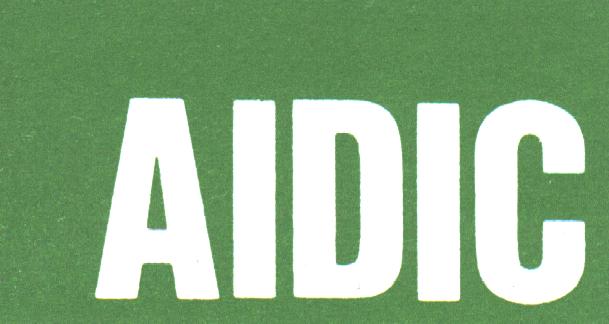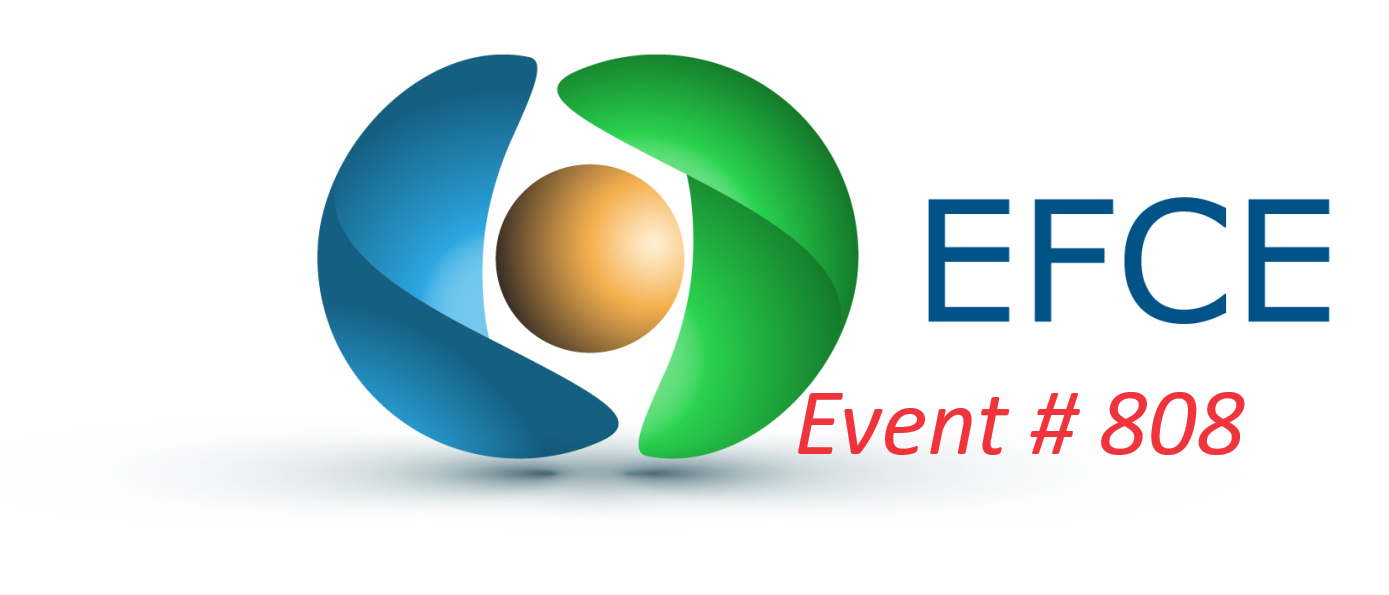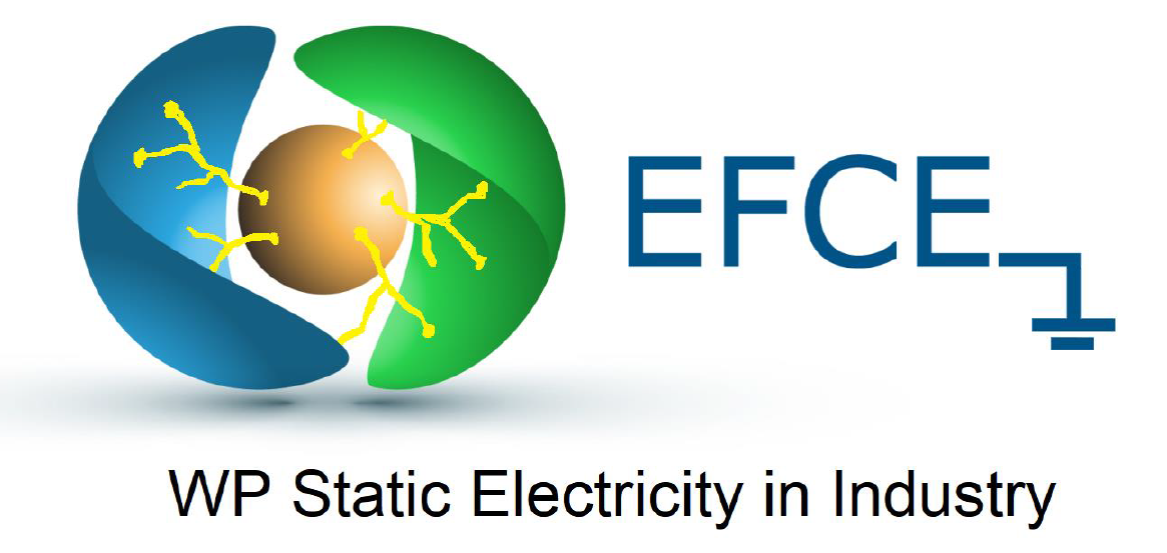TOPICS of ELECTROSTATICS2025
The Conference technical program is structured in session,
which will be held over three days.
The Conference topics will be treated in invited plenary lectures, selected
lecture presentations and poster sessions.
Posters will stay on for the whole Conference promoting Author presentation
and spontaneous discussion.
The major aim of
ELECTROSTATICS2025 is to review the latest development, needs and issues on the thematic areas
covered in general by emerging references of Chemical Engineering Science.
1. Applications and Industry:
Electrostatic precipitation, Separation
and Sorting, Powder Coating, Displays
and Printing Technology, Biological Applications,Electrostatic
manipulation of particles, droplets and biological cells, electrophoresis, dielectrophoresis
and electrorotation, MEMS, Electrofluidisation, Aeronautics, Space & Automobile,
Electrostatic handling in Industry, High Voltage electrostatic related measurements,
problems and applications, HVDC.
2. ESD:
Static Electricity control in electronics industry, Factory level ESD considerations,
EMI due to ESD, Corona and Gas Discharge, Dielectric breakdown, Cleanroom electrostatics,
ESD waveforms.
3. Fundamentals:
Modelling, Contact, frictional, induction, conduction and corona charging, Atmospheric
electricity, Adhesion, Charged particle physics.
4. Hazards:
Static elimination, Ignition tests, Risk assessment, Electrostatics hazards
and problems in industry, Lightning protection.
5. Liquids:
Double layer charging, Electrostatic atomization, Electrohydrodynamics, Corona
generated secondary electrohydrodynamic flow. Boundary layer control. Electrohydrodynamic
pumping, Electro-rheology, Electrospinning and electrospraying, DC and AC Electroosmosis.
Electrowetting, Applications including materials processing, thermal management,
and flow contro).
6. Solid and Powders:
Electrostatic dissipative materials, Textiles, Electrets, Charging of powders
and solids, Charge injection and space charge in dielectrics, Nanomaterials,
Nanofibers, Aerosols, Packaging.
7. Gases:
Corona and dielectric barrier discharges. Electrical breakdown. Applications
of plasma technologies, including environmental remediation of gas and liquid
streams. Electrostatic discharges from charged surfaces - fundamentals, prevention,
safety issues. Electrostatic phenomena in atmospheres, including lightning.
8. Measuring Techniques:
Electrostatic instrumentation, Electrostatic sensors, Novel measurement methods.
9. Standards:
New standards, Research for new standards methods and procedures, Round-Robin
tests.
10. History of Electrostatics


